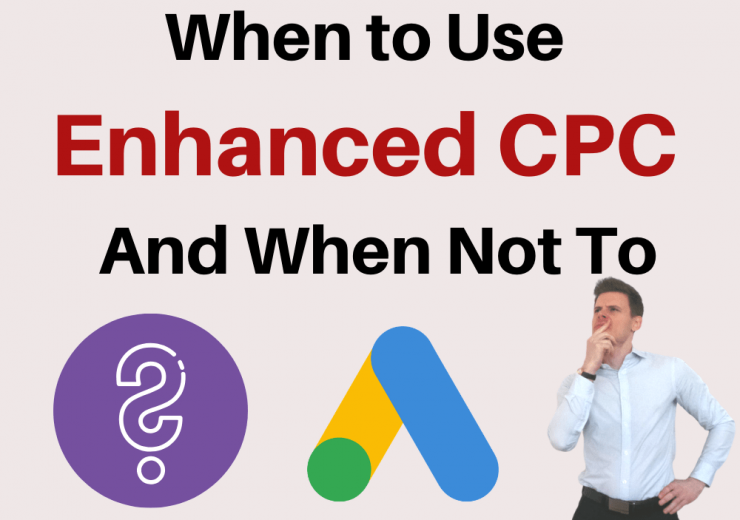How to Do Keyword Research Using a Free Tool – The Google Ads Keyword Planner
To begin building a search engine marketing campaign, the first thing that you need is a list of the search terms, or keywords, that you’re going to be targeting.
Targeting specific keywords will allow you to reach prospective customers who are searching for your product or service.
But in order to find the keywords which are being used by your target market, you need to use a keyword research tool, and that’s where the Google Ads Keyword Planner comes in.
The Google Ads Keyword Planner
The Keyword Planner allows you to see a list of all of the relevant terms that your customers are searching for in Google in order to find products and services like yours.
This tool is free to use. All that is required is a Google Ads account, which is quick and easy to setup.
Keywords for SEO and PPC Campaigns
It’s important to note that the Google Ads Keyword Planner is useful, not just for finding keywords for a Google Ads or PPC (pay per click) campaign, but also for SEO (search engine optimisation) campaigns.
Keyword Intent
Possibly the most important aspect of keyword research and keyword selection, is understanding the intent of keywords.
Everytime a person makes a search through Google using a keyword, they’re looking for something specific, and in order to determine whether that keyword will be good to target will depend on our ability to understand what that person is looking for.
Using a search campaign for a law firm as a hypothetical example, here are three keywords we may encounter during our research:
Keyword 1: “solicitors london”
Intent: Looking to hire a solicitor in the London area.
This would be a good keyword to include within our search campaign, as targeting this keyword will help us to generate clients that are looking for the services of a solicitor.
Keyword 2: “solicitors salaries”
Intent: Interested to find out how much solicitors earn.
This is likely being used by people who are considering becoming a solicitor. So targeting this keyword would not generate the right sort of traffic.
Keyword 3: “top law firms in london”
Intent: May be looking to hire one of the top solicitors in the London area, or, may simply be looking for a list of the top law firms for research purposes.
is more of an ambiguous keyword. Some people using this keyword may be looking to hire the top law firm in London. However some people may simply be carrying out research for an article or project of some kind. Therefore this keyword would be risk to add to the targeting of our campaign.
By ensuring that your campaign only includes keywords that have the intent of someone looking to purchase a product or service like yours, you will have the best chances of success.
Forecasting
The Google Ads Keyword Planner, although being useful for SEO campaigns, is primarily designed to carry out research for Google Ads campaigns.
For this reason the forecasting feature will give an indication of what performance be expected with the selected keyword targeting when used within a Google Ads campaign.
Here are some of the key campaign metrics you can get forecasting data for:
- Search volume: giving an indication of the number of monthly searches being made
- Clicks: the estimated number of clicks your ad will receive
- Competition: indicating the level of competition from advertisers within the paid results
- Average Cost Per Click: how much on average advertisers pay for a click on their ad
Conclusion
Although the Keyword Planner is mainly designed for carrying out keyword research for Google Ads campaigns, it’s a useful tool for all search campaigns, including SEO.
The forecasting data from the tool comes directly from Google and can therefore be seen to have a high degree of reliability.
The tool is also free and easy to use, making it a good option whether you are a beginner or are highly experienced when it comes to carrying out keyword research.
Whichever tool you choose to use, it’s essential to understand the intent of each and every keyword that you choose to target within your campaign.
